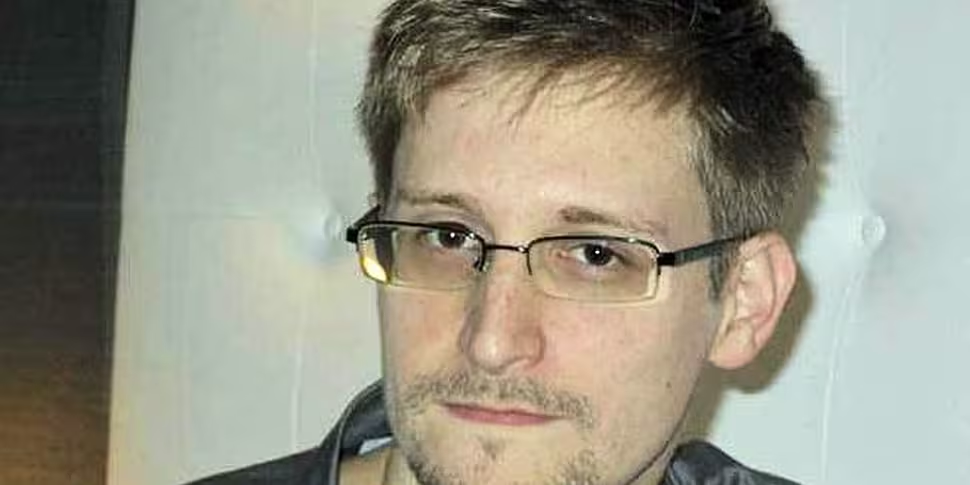Fugitive US whistleblower Edward Snowden has been nominated for the Nobel Peace Prize. Two Norwegian politicians have put him forward for the award.
He is currently living and working in Russia after the US revoked his passport for leaking classified information about the National Security Agency (NSA).
The nomination came about because he "revealed the nature and technological prowess of modern surveillance...By doing this, he has contributed critical knowledge about how modern surveillance and intelligence directed towards states and citizens is carried out" said former Socialist Left Party minister Bård Vegar Solhjell, to explain the move.
Solhjell and his party colleague, Snorre Valen, said they do not necessarily condone or support all his disclosures, but did praise him for contributing "to a more peaceful, stable and peaceful world order".
Previous winners of the Nobel Peace Prize include Nelson Mandela, Martin Luther King Jr., Aung San Suu Kyi and Mother Teresa. The Prize is awarded by a committee of five people who are chosen by the Norwegian Parliament.
The prize was awarded to the Organisation for the Prohibition of Chemical Weapons (OPCW) last year, "for its extensive efforts to eliminate chemical weapons".
Ahmet Üzümcü, Director-General of OPCW, accepting the prize last year
The US President Barack Obama said last June he was following all legal channels on how to bring Mr. Snowden back to the US. He said his administration was working with other countries to make sure "the rule of law is observed".
But earlier this month, Mr. Obama announced a ban on US eavesdropping on the leaders of close friends and allies. The President is ordering changes to the vast collection of phone records by the US government.
Mr. Snowden claimed the NSA has been keeping details of millions of phone calls by Americans and monitoring the use by foreigners of internet sites including Google, Facebook and Yahoo under the Prism programme.
The leaks by Snowden, a former security contractor, have shown that surveillance activities by the NSA are far more extensive than previously thought.
They have outraged human rights groups, who say the right to privacy of citizens has been violated, and soured relations with US allies whose leaders have been allegedly spied on, such as Germany.
US officials insist spying operations are an essential tool in the fight against terrorists, but the president has ordered a review of the programmes in the wake of the leaks.










